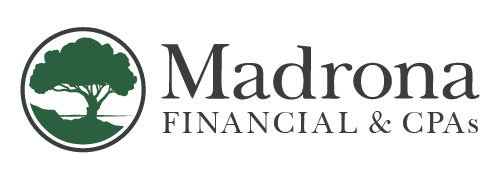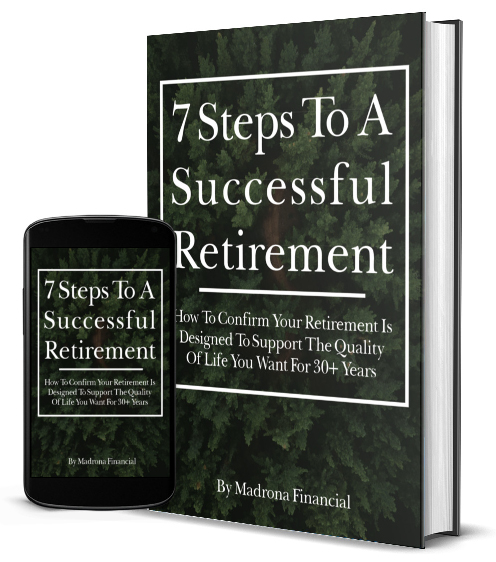
Early on in life we begin to be educated on ways to incorporate healthy habits into our lives. As a child I can recall being taught in school the proper nutrition guidelines from the government. It’s evolved so many times it’s hard to keep track whether it’s still a pyramid or has been changed to a rhombus or some other shape. Eating right wasn’t the only thing we learned about in school; exercise was also in the curriculum. Before physical education started getting axed due to budget cuts, health education and gym class were required.
It’s hard to argue with proper nutrition and exercise as the cornerstones of living a healthy life. Most thorough doctors will inquire about your dietary habits and the amount of exercise you do weekly as part of a physical examination. The other thing a good doctor will focus on is your stress level. The effects of stress are well documented in the medical community. Lowering the level of stress in your life is just as important as eating healthy and getting enough exercise.
As we age, each of these factors become more important to maintaining our health. The common factor between diet, exercise and stress is that they are all things we can control. Being aware of an issue in any one of those areas is the first step toward doing something about it and making a positive change.
The recent market volatility has created a lot of uneasiness for investors and, in particular, retirees. These conditions have them wondering if their current strategy is appropriate or if they are exposed to too much risk. The pressure and stress can be multiplied for the do-it-yourself investor because they are all alone in the decision making process. They don’t have all the research, experience, and resources that a qualified financial professional would have.
Letting the fear and anxiety build up will not solve the problem and will only increase your level of stress. So if you are feeling stressed about the recent market conditions and the impact on your retirement, maybe it’s a good time to meet with a financial advisor. It’s easy and free, and many qualified financial professionals offer complimentary, no obligation meetings to discuss your financial goals and answer your questions.
You’ll most likely start to feel better by just knowing you are taking control of the situation. Besides, getting a second opinion on your retirement plan might just be what the doctor ordered.

